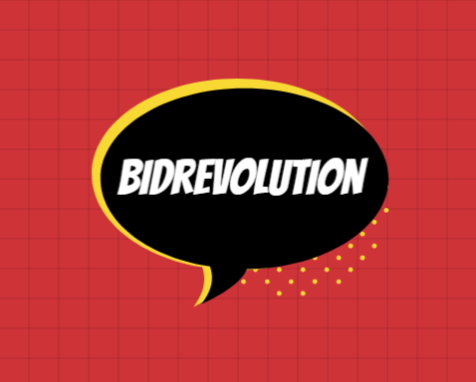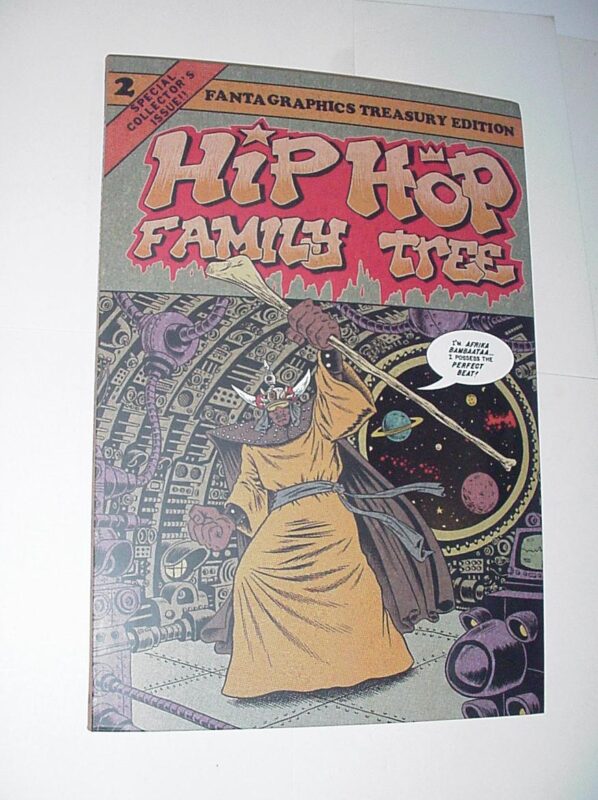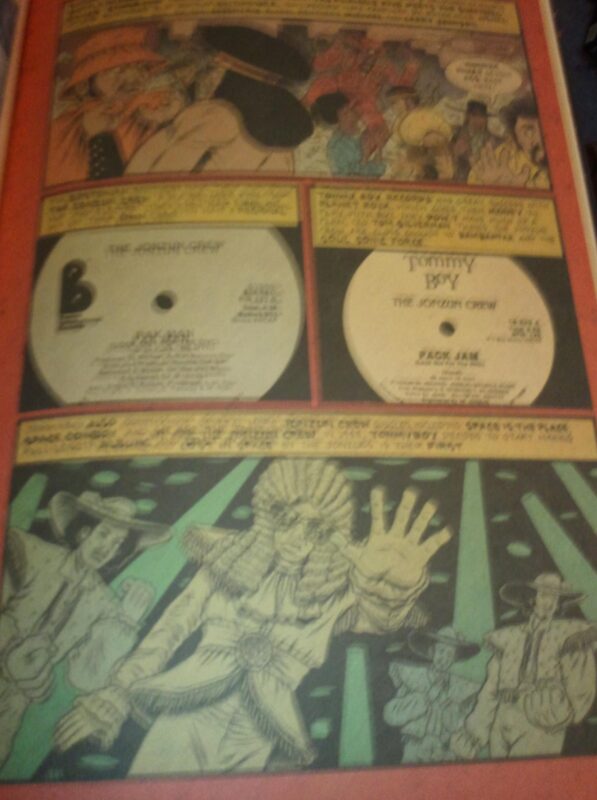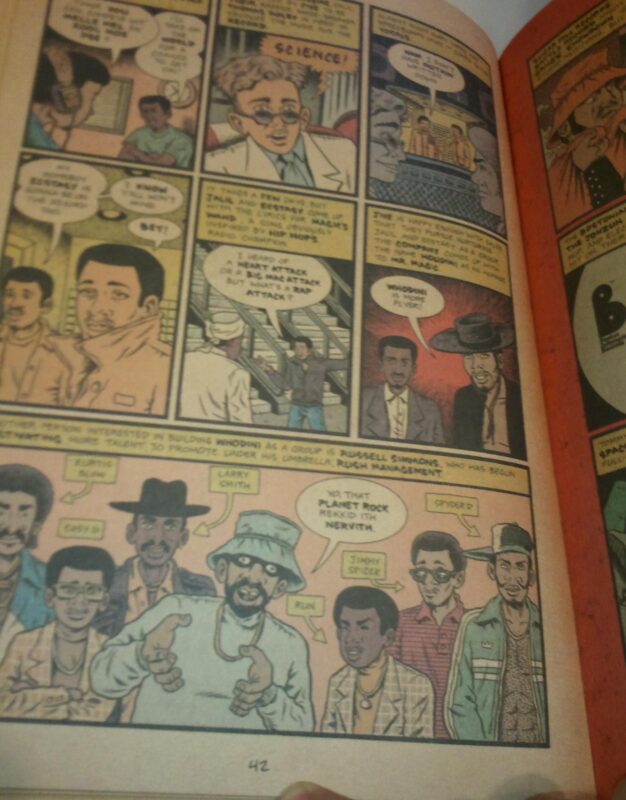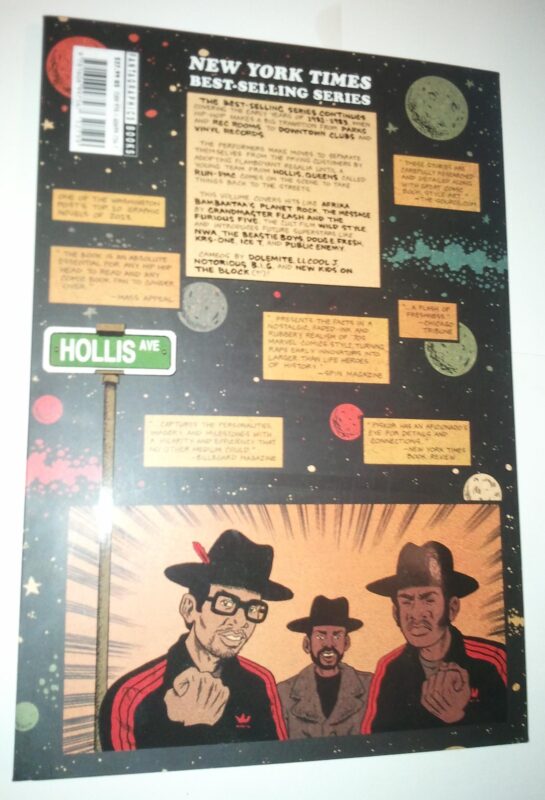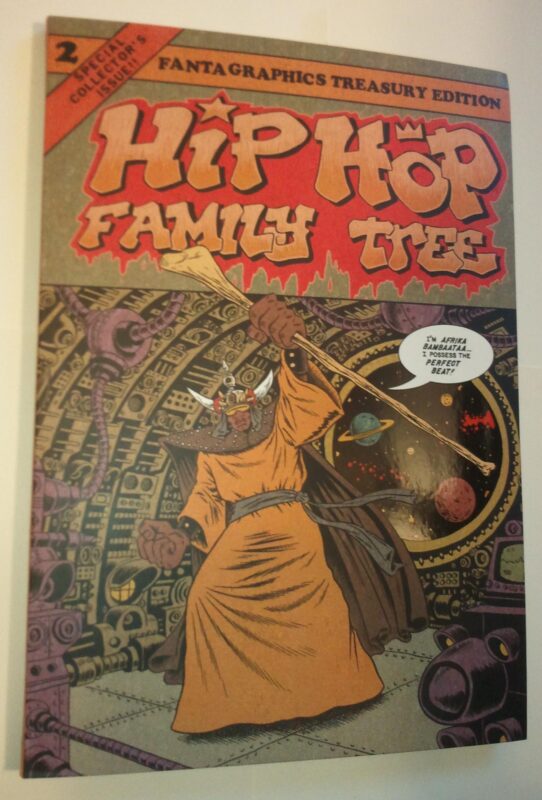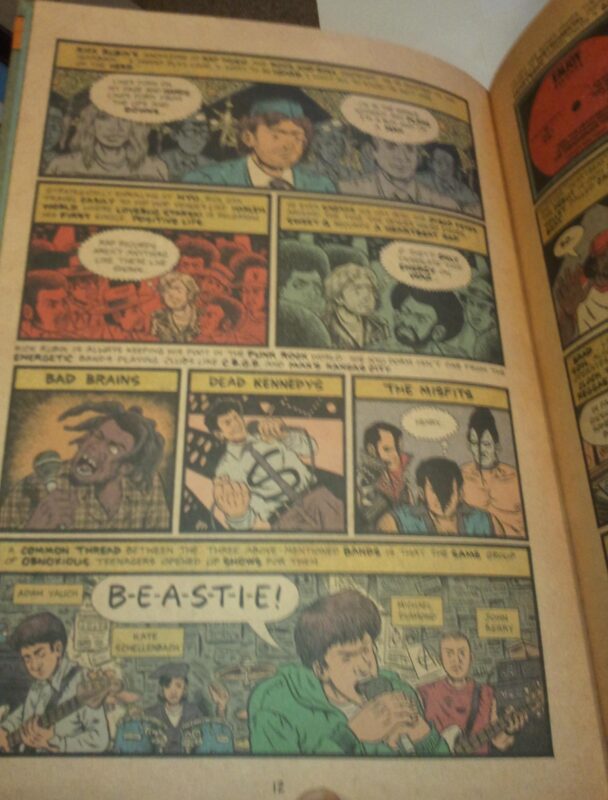Hip Hop Family Tree Volume 2 TP Ed Piskor Fantagraphics 1st pr NWA Beastie Boys
$89.99
Description
Hip Hop Family Tree Book 2: 1981-1983 (Vol. 2) (Hip Hop Family Tree) Flexibound by Ed Piskor (Author), Charlie Ahearn (Author)
The second installment of this acclaimed graphic novel hip-hop history (originally serialized on the popular website Boing Boing) covers the years 1981-1983. 2015 Eisner Award Winner: Best Reality-Based Work.
Covering the early years of 1981-1983, Hip Hop has made a big transition from the parks and rec rooms to downtown clubs and vinyl records. The performers make moves to separate themselves from the paying customers by dressing more and more flamboyant until a young group called RUN-DMC comes on the scene to take things back to the streets. This volume covers hits like Afrika Bambaataa’s Planet Rock, Grandmaster Flash and the Furious Five’s the Message, the movie Wild Style and introduces superstars like NWA, The Beastie Boys, Doug E Fresh, KRS One, ICE T, and early Public Enemy. Cameos by Dolemite, LL Cool J, Notorious BIG, and New Kids on the Block (?!)!
Flexibound: 112 pages
2015 Eisner Award Winner: Best Reality-Based Work
Full color illustrations throughout
“Piskor had not been born when his new volume begins, but perhaps it’s just as well: Like a reporter with art pen in hand – and a hip-hop soundtrack in his head ? the Pittsburgh cartoonist drops bold lines while steeped in deep research, bringing both a fan’s passion and a journalist’s discerning eye to this nitty-gritty history of the art form.” (Michael Cavna – The Washington Post)
“An astonishing feat of cultural archaeology, in both ambition and execution. The project somehow doesn’t seem quite real: a comic-book history of hip-hop going back to the very beginning ? the late 70s ? where lore is thick and documentation scarce. To tell this story in any language would be a challenge; to tell it in the language of comics feels like a magical summoning.” (Lary Wallace – Vice)
“This is the comic of all time.” (Biz Markie)
“Being in an Ed Piskor comic is cool enough to freeze hot water.” (Fab Five Freddy)
“Ed Piskor is the sh#t!!” (De La Soul)
This book, along with Volume 1 are two of the best examples of the Graphic Novel as a method for narrative storytelling in the last ten years. This sits on my shelf alongside books like “Maus”, “The Dark Knight Returns”, “The Watchmen”, “American Splendor”, “Love and Rockets”, and the “Acme Novelty Library”. If you’re even a passing fan of Hip Hop, or Hip Hop history and culture, this book is a must-have.
BN: Hip Hop Family Tree has a very unique art style that looks golden-age inspired, and also has the texture of the old comics from the early ’80s. Was this always your vision, or did you have other ideas stylistically on how you wanted this series to look?
EP: It was always the vision for this particular project. I want everything I do to look a little bit different. And for the Hip Hop Family Tree, I wanted it to have a vibe that was ripped directly from that time period I’m talking about, so I needed it to look like it was from the ’70s or ’80s.
I wanted it to look a little weather-beaten and faded, so the look and feel of the book is pretty close to how I saw it in my head when I first conceived the idea.
BN: Huffington Post and The Source have praised you for the research and accuracy in Hip Hop Family Tree – and I just read that The New York Times Book Review said you had an “aficionado’s eye for details and connections.”
Do you get all your information through the internet and articles, or are some of the anecdotes given to you by people in the music business?
EP: For the first book a lot of the references that I used were from found sources, so I used interviews, documentaries, books, and lectures series.
But after the first book came out and the series got a bit more established online, then at that point, I had access to a lot of people I could ask questions too. So now its created a rich texture to the narrative where I can fill in gaps by asking different people.
BN: Have famous people you’ve illustrated and written about in Hip Hop Family Tree approached you? And have you ever had a complaint about the accuracy or just generally how someone was portrayed?
EP: Yes actually, a bunch of people who I had portrayed have come out of the woodwork and expressed almost unanimous praise. There really hasn’t been anybody who has come at with me glaring or negative. I try to be as faithful as possible to the story, and so nobody has called me out in a negative way.
BN: There seems to be an infusion of hip hop talent in comics – 50 Cent, Eminem, The Wu Tang Clan…the list goes on and on. When do you think the connection between comics and hip hop started, and do you think this trend is going to continue?
EP: Yes. It’s funny, I have a whole lecture and presentation that I give about this very subject; when we talk about hip hop I’m talking about the different elements like graffiti, break dance, rap, DJing…there is clear evidence of the mid ’70s that graffiti artists were inspired by the comic artists with the cartoony images they were painting on trains. Particularly this cartoonist named Vaughn Body who if you look at all the books of subway or train art, you’ll see a lot of his work painted on trains. So that’s a good place for it to have started.
BN: I’ve heard your enthusiasm for hip hop only came into question and became an issue for certain people after the O.J. Simpson trial. Can you tell me about issues you might have had with race when it comes to hip hop culture, or being the writer and artist on Hip Hop Family Tree?
EP: Yes, the thing about the O.J. stuff that was going on at the time, it was more than just about hip hop. There was a divisive energy in the air, that made kids more aware of race. Whereas the previous summer, it was nothing.
Now, being a white person making the Hip Hop Family Tree comic, I do see that I kind of get tested…or that people may be suspicious or whatever.
When I step in front of people on a stage to do a presentation like I explained earlier, I am pretty sure I win everyone over. Nobody leaves with a sour taste in their mouths as far as I can tell. But the funny thing is, it’s almost never black people that have any kind of trouble, it’s always liberal white people who are like “who do you think you are to make a comic about rap culture?” and “you’re appropriating this culture!” and yadda yadda yadda…
BN: That must be difficult to deal with.
EP: Honestly it’s not! Because if they push things and its obvious they don’t want to listen to what I have to say, then I just become a brat. And I say “Ok listen: I’m going to sacrifice you as a reader, so I have Chuck D as a reader. Grandmaster Flash as a reader. They like my comic. I’m going to stick with them and sacrifice your readership”.
978-1-60699-756-7
Near mint, unread condition. 1st printing.
Related products
-
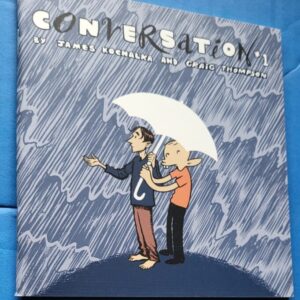
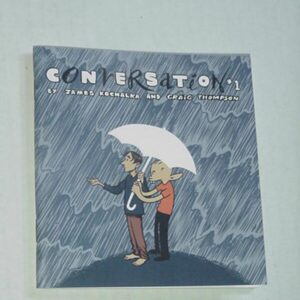
Top Shelf Conversations Craig Thompson
$39.99 Add to cart -
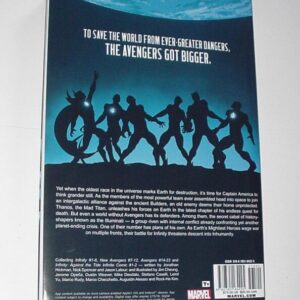
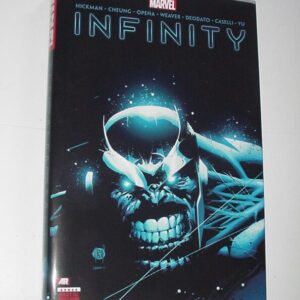
Infinity HC Omnibus Thor vs Thanos Hulk Jonathan Hickman 1st print
$199.99 Add to cart -
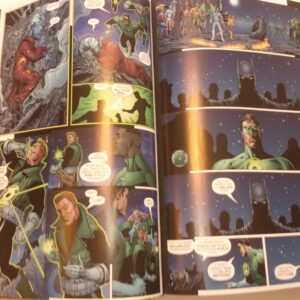
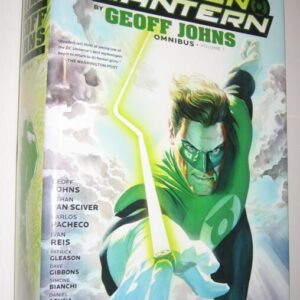
Green Lantern by Geoff Johns Volume 1 Omnibus HC 1st print NM vs Batman! Ethan Van Sciver
$249.99 Add to cart -
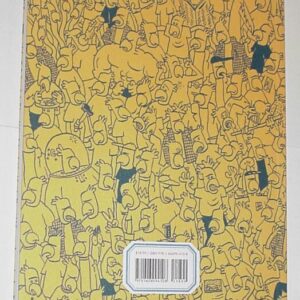
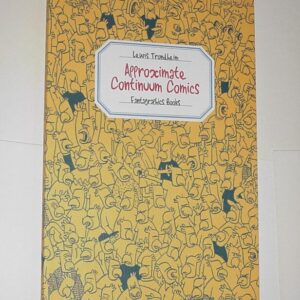
Approximate Continuum Comics TP Lewis Trondheim 1st print Fantagraphics
$49.99 Add to cart
